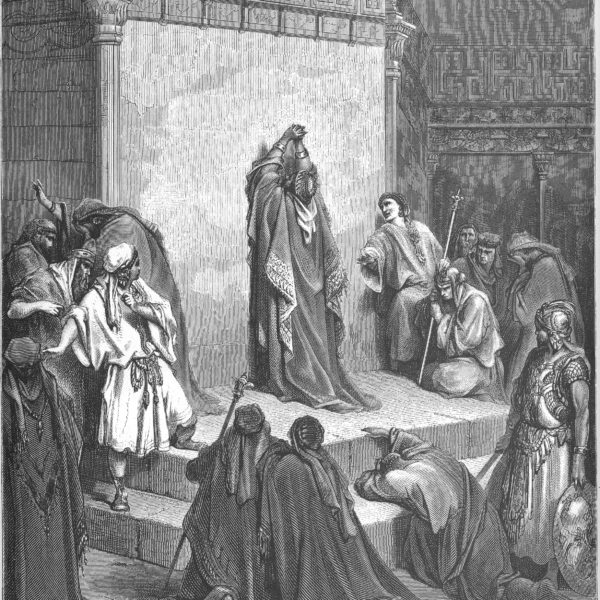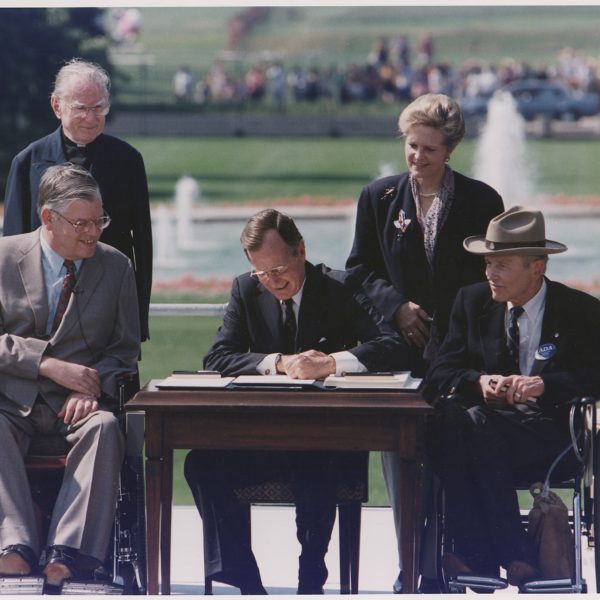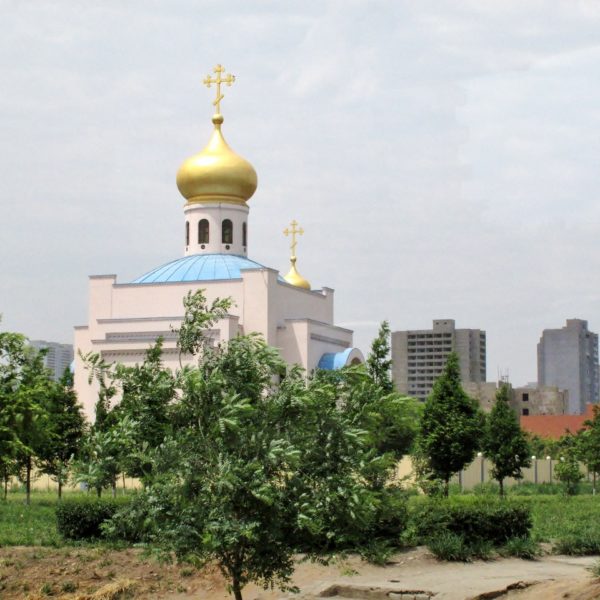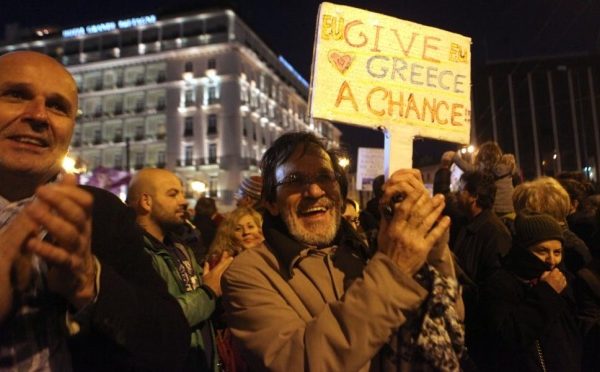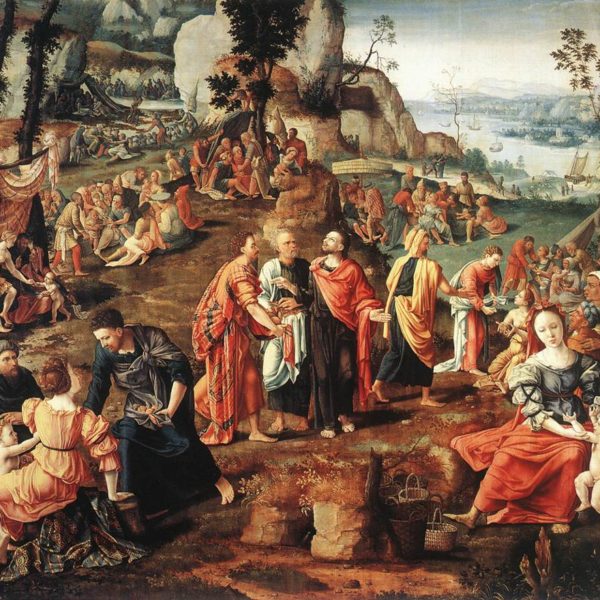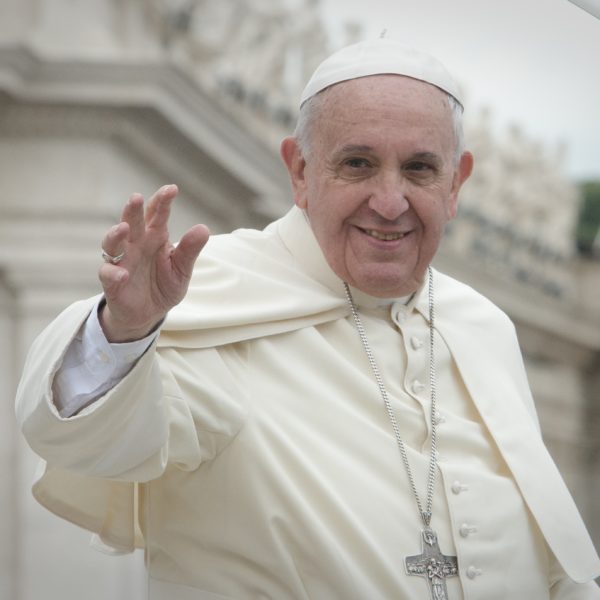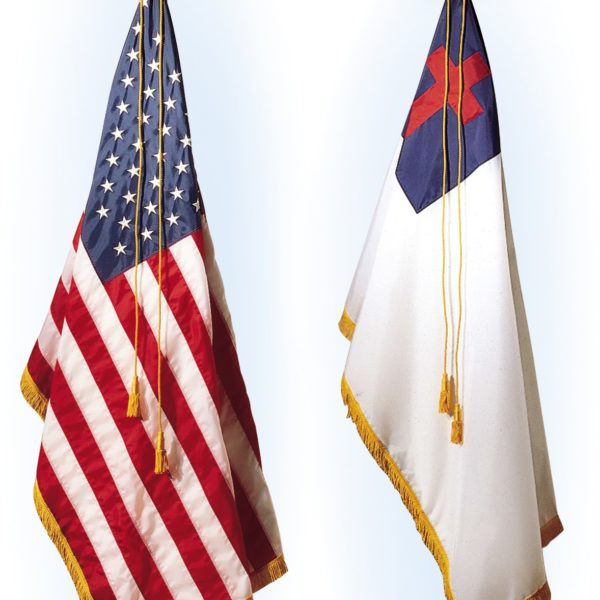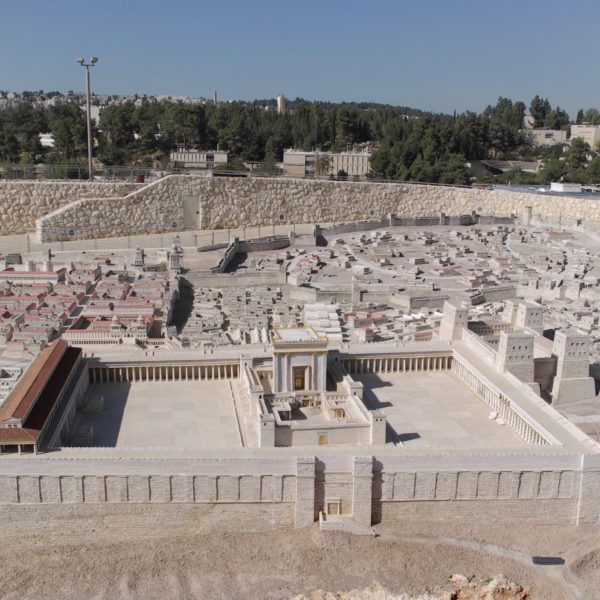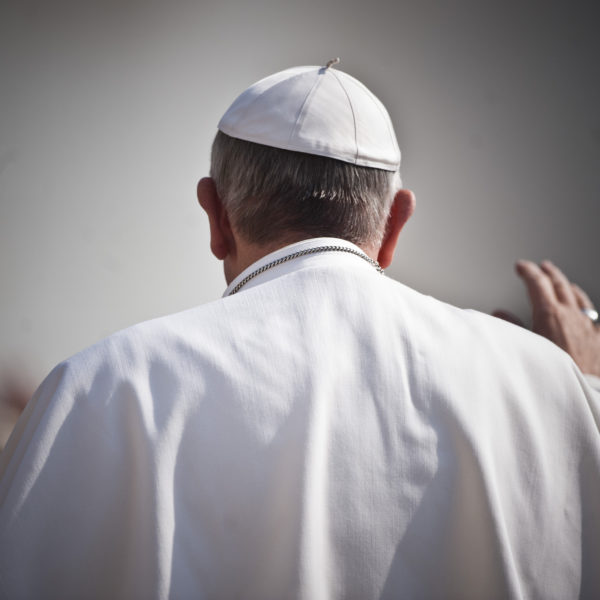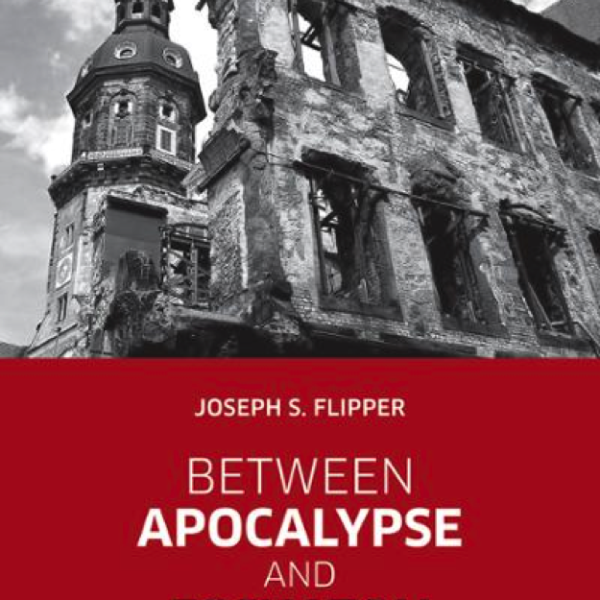
As a PhD student just starting my dissertation research I happened to meet the department chair of the theology department at a major Catholic university (my interlocutor and his university will remain anonymous). When he asked about my dissertation, I told him that I was researching Henri de Lubac. In a condescending voice he replied, “I didn’t realize anyone was still studying him.” I sheepishly responded, “Well, yes. Yes they are.”
By Guest Post
